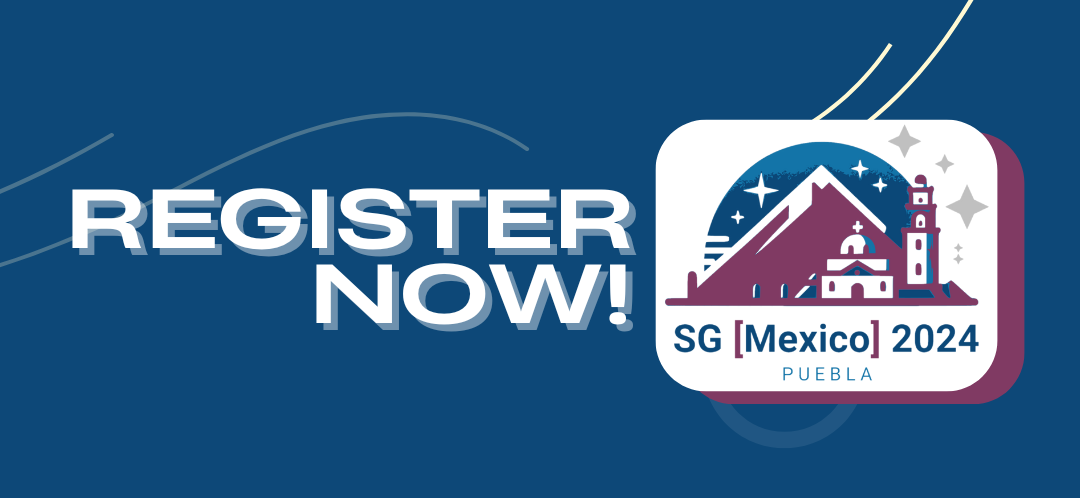
San Andrés Cholula, Puebla will be hosting the 1st Space Generation Mexico this July 5-6th, and we want you to be part of it! The event will take place at the Instituto Nacional de Astrofísica, Óptica y Electrónica (INAOE). If you’re ready for this amazing experience, Space Generation Advisory Council (SGAC) reserve your ticket NOW before they are all gone!
We are seeking driven delegates to join us at SG[MX] 2024, who possess a rich blend of expertise, a strong commitment to enhancing the event, and an unwavering passion for space. Your profound insights and unwavering enthusiasm are invaluable contributions we seek!
If this will be your first time joining a space event, or you are curious on how to start a career in space, THIS IS THE RIGHT PLACE FOR YOU!!!
To see the link to the Eventbrite registration below, you must first register on the SGAC website and log in to your account.
If you are not a member, please register at https://spacegeneration.org/register.
The SGAC registration and membership are free of charge!
Note: Make sure you fill out your personal profile before filling up the SG[MX] application.
Grab your ticket and get ready to shape the future of the space industry, both on Earth and beyond 🚀
Registration fee PER PERSON is: $35 (thirty-five US dollars) + $3.71 Eventbrite fee
PRICE INCLUDES
The 1st SG [Mexico] ticket includes the following:
- Admission to the event
- 1st SG [Mexico] Delegate Welcome Pack
- Access to Sponsors, Subject Matter Experts for Working Groups, Keynotes, and Panels
- Catering (2 Coffee breaks and 2 lunches)
- 1st SG[Mexico] Informal Dinner (venue reservation only)
- 1st SG[Mexico] Farewall Networking Cocktail (drink and venue reservation included)
- Proof of participation
- Certificate of contribution to Congress (If this applies)
- Publication of contributions through conference proceedings (If this applies)
- Publication of abstracts in NASA ADS and other indexed journals (As conference series, If this applies).
Not included in your ticket:
- Transportation to Puebla and within Puebla
- Transportation to and from the event main venue and night event venues
- Accommodation
- Optional excursions and activities
- 1st SG[Mexico] Informal Dinner drinks and meals
- Any other expenses not directly listed above.



